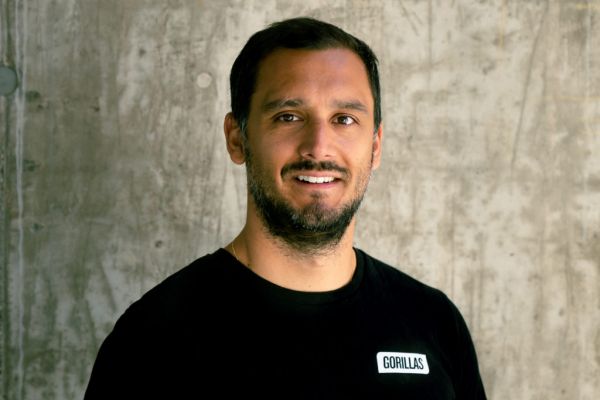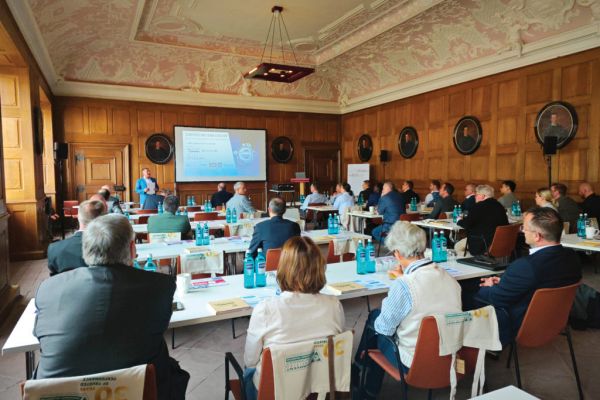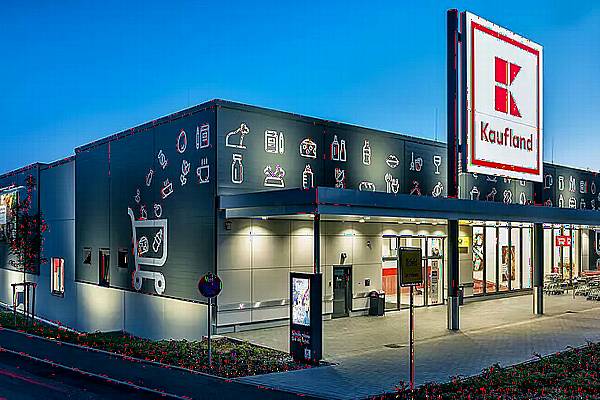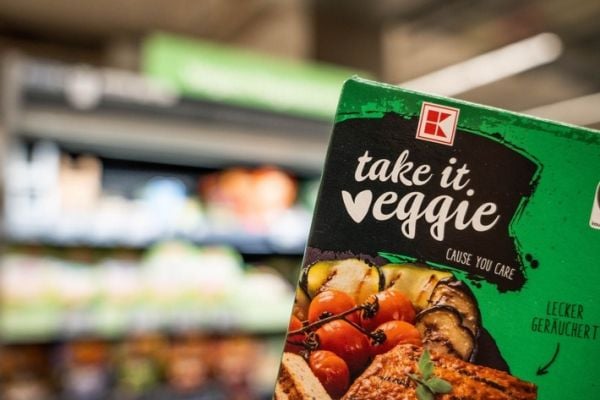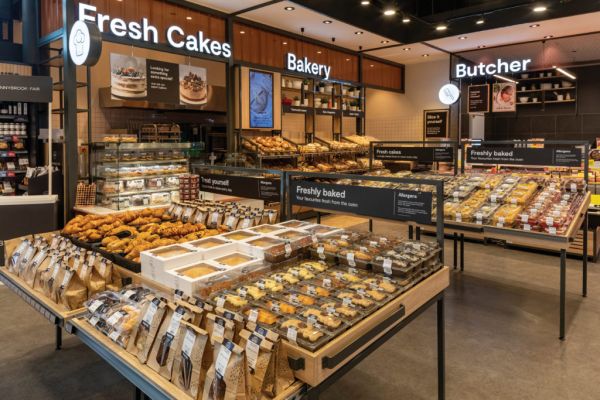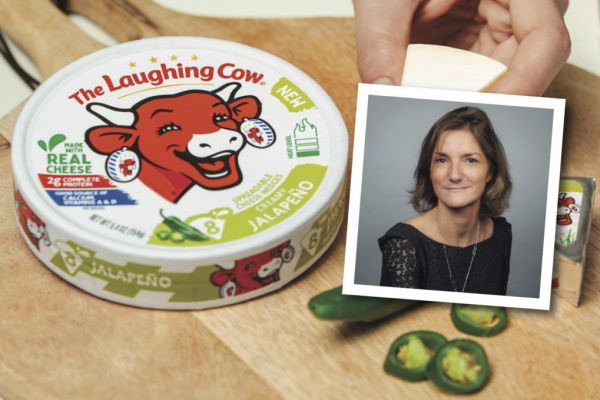Gorillas has been one of the most successful quick-commerce startups, but where does its future profitability lie? This article first appeared in ESM July/August 2022.
Quick-commerce specialist Gorillas has just held its second birthday, and while the Berlin-based startup’s formative period was shaped by the pandemic, the market it finds itself in now is a much-changed environment, with a cost of living crisis dominating consumer shopping habits.
In May, Gorillas chief executive Kağan Sümer outlined a renewed growth strategy for the business, announcing plans to reduce the company’s global workforce and focus more on profitability. While the company has been the darling of the investor world – raising a total of $1.3 billion (€1.25 billion) over four funding rounds – current market conditions are now less favourable to game-changing startups.
As Sümer put it in a letter to employees, “tech companies, especially low or negative margin tech companies, are facing a very strong headwind”.
At the same time, the tech silverback is taking stock of this, reducing its presence in non-core markets such as Italy, Spain, Denmark and Belgium, launching a private-label range in order to develop new revenue streams and improve margins, and bolstering its partnerships with mainstream operators like Casino, Tesco and Alnatura.
‘Emotional Connection’
As Alexander Brunst, the company’s global VP for sustainability, public affairs and corporate social responsibility, told ESM on the sidelines of the recent Consumer Goods Forum Global Summit, the shift from a growth focus to one of profitability “probably happened quicker than if the market had stayed in a favourable position”, however Gorillas, which continues to maintain a “strong emotional connection with its customers”, is ready for the challenge.
In private label, for example, the business offers around 50 SKUs across four key categories, Gorillas Daily, Gorillas Premium, Hot Damn and Startup Beer, the latter of which has exceeded expectations, Brunst notes.
“Beer would be the last category you would suggest anyone to start with when it comes to private label, right?” he says. “But it has been an overwhelming success for us in the markets in which we have launched – we’re number two everywhere in terms of market position, which is outstanding.”
Gorillas’ status as a market disruptor affords it some licence to try things differently, to ‘yin’ where other more established brands may ‘yang’, in other words.
“We think outside the box, I would say,” says Brunst. “Other brands might say ‘because of our 50 years or 100 years experience, we can’t do this, or that’. We don’t have these limitations. We are able to look at customer relationships in a totally different way, more like fashion brands, building an emotional connection.
“That’s also polarising to some degree, as well. I don’t think there’s a brand that polarises as much as we do in the space right now. But it’s part of our brand identity to be authentic, and to be bold in our decision making.”
Sustainability, too, is a topic that’s close to the heart of the business – from the outset, Gorillas has preferred bike transport over traditional combustion engine vehicles, while the company is also transitioning to a fleet of electric vehicles to restock its dark store network.
“From the start, we have taken the position that if we want to do sustainability right, we have to make it measurable, impactful, and set it up in a way in which our long-term ambitions are underlined in a 360-degree approach,” says Brunst. “So it’s not just a case of what top management think, but also, what do our employees think? What do our suppliers think? What do our customers think? What do our investors think? We’ve been able to achieve quite a lot.”
Market Consolidation
The quick commerce segment is likely to see further consolidation over the coming months and years – “if you look at comparable maturity stages in other digitalisation processes, this is just part of the process,” says Brunst – but Gorillas will seek to continue to shake up the market, as quick commerce gets ever more embedded in the consumer mindset.
“There has been a fundamental change, and it’s here to stay,” he adds. “Also, it is a disruptive factor for more than just grocery. If you’re able to get things instantly, a day of delivery seems a long time. Why do I have to wait a day for my iPhone to arrive? Why can’t I get it in 20 minutes? That’s a massive mindset shift, and one that I think is here to stay, no matter what.”
© 2022 European Supermarket Magazine – your source for the latest technology news. Article by Stephen Wynne-Jones. Click subscribe to sign up to ESM: European Supermarket Magazine.
